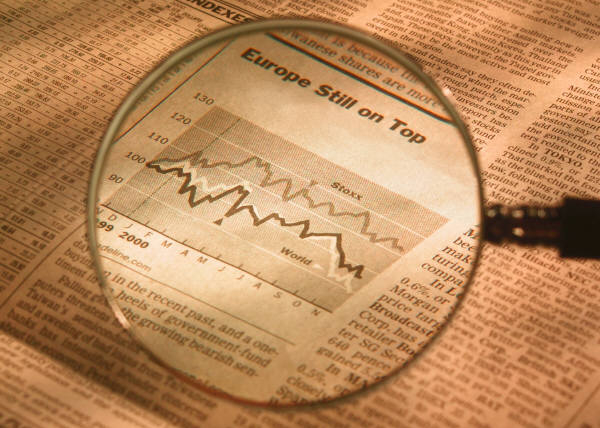Ex-Dividend Dates Can Hurt You When Buying Mutual Funds
Oct 13, 2015
 Looking to buy mutual funds? Well, over the next few months you will want to be careful when purchasing funds or you could end up paying extra tax on your shares.
Looking to buy mutual funds? Well, over the next few months you will want to be careful when purchasing funds or you could end up paying extra tax on your shares.
When you receive certain distributions from your mutual fund, there are taxes associated. Some of these distributions include capital gains on the sale of holdings within the fund or interest and dividends earned on securities the fund owns. Many mutual funds will be making similar taxable distributions to shareholders n November and December. Even if you do not sell any shares within the year, you will still owe ordinary income and capital-gains tax on distributions as a result of trading within the funds.
Buying a mutual fund just before it declares its distribution may seem like a good idea, but you will want to check the funds ex-dividend date first. The ex-dividend date is the date on or after which new buyers wont receive the upcoming dividend. If you purchase before the ex-dividend date, the share price could drop the amount of the fund distribution and requiring you to pay tax on the full amount.
For example, if you buy 1,000 shares at a net asset value of $30 a share then you will have spent a total of $30,000. If the fund declares a distribution of $2 a share then that will reduce the share price to $28. So you would then owe tax on the $2,000 distribution even if you reinvest your money. If you wait to buy the shares after the ex-dividend date then your $30,000 could buy additional shares at a lower share price of $28 and you would not have to pay tax on it.
If you are interested in buying, you can check the fund’s website for the ex-dividend date and the estimated distribution. It may be a good idea to wait to purchase the funds until after the ex-date to avoid paying a tax bill on what is effectively a return of part of your purchase price.
By: Brittany Jennings, Staff Accountant
Categories: Other Resources
